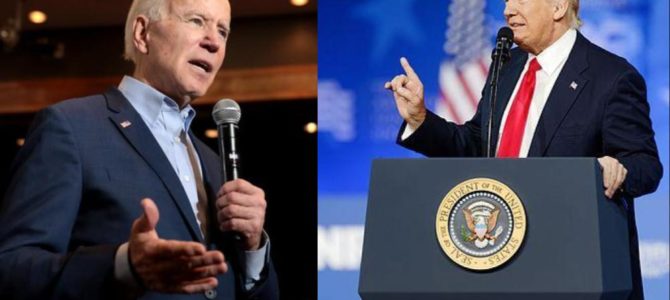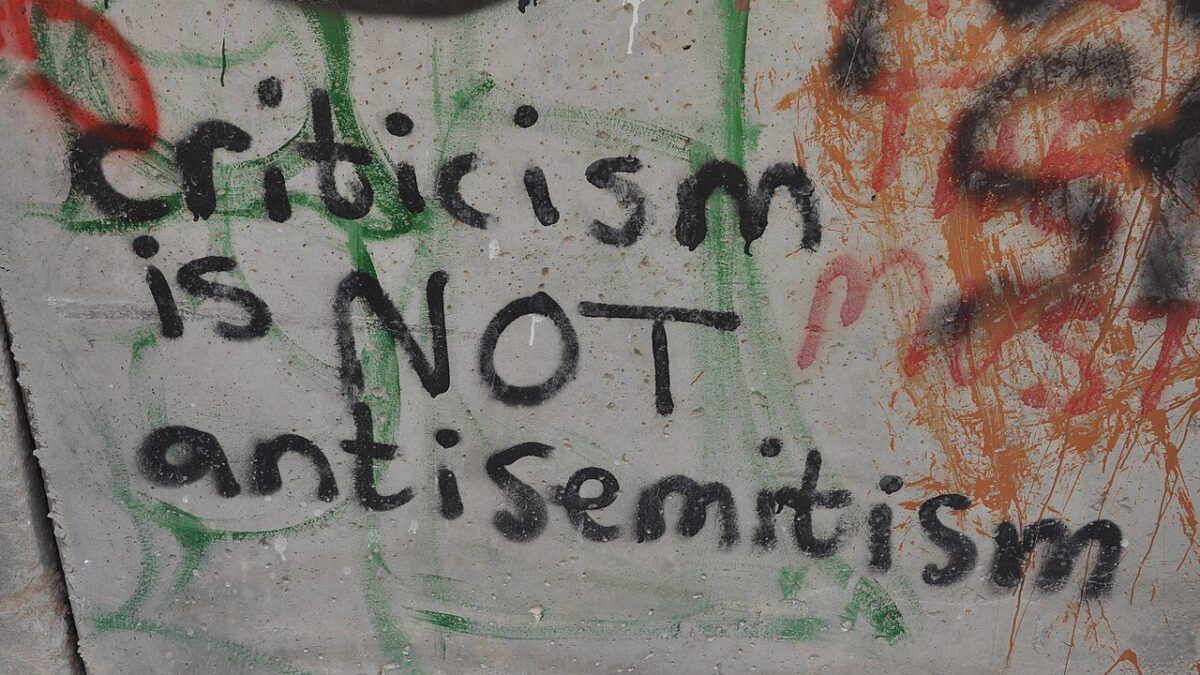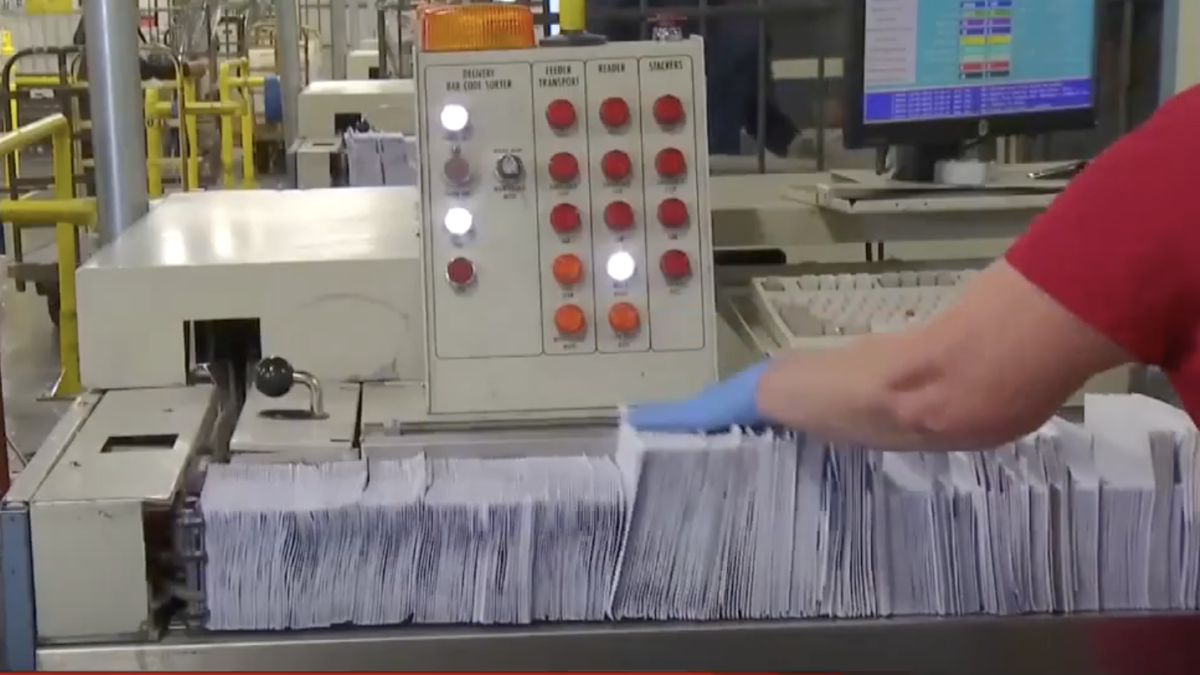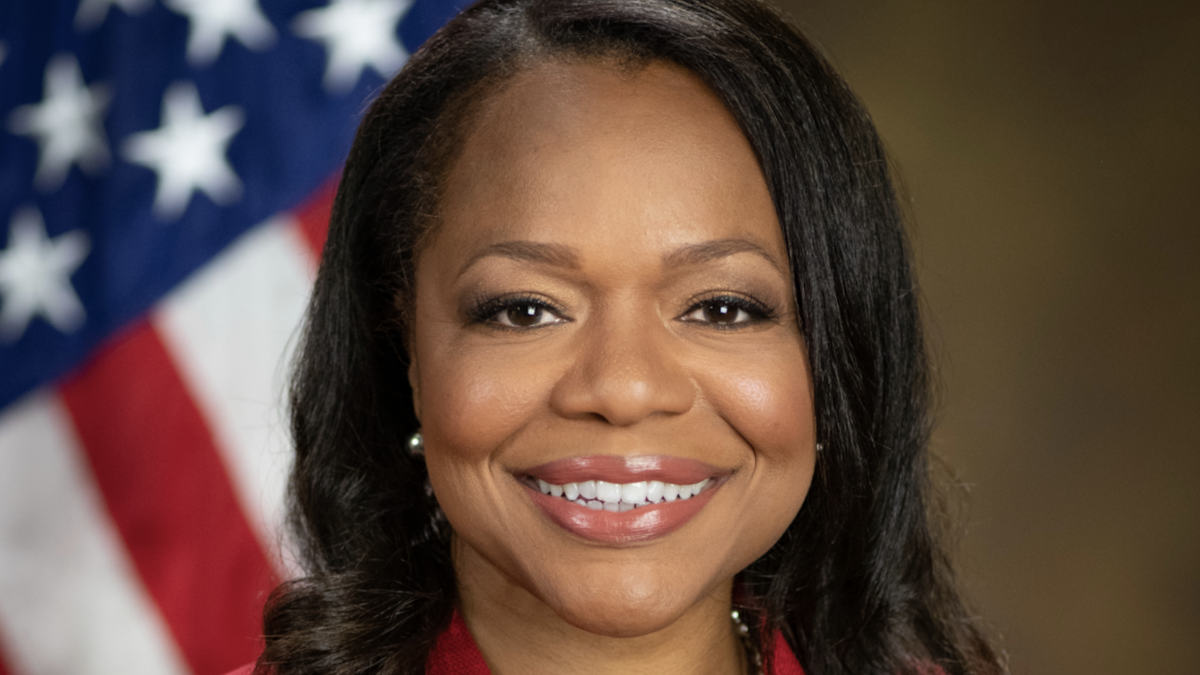Tuesday night’s presidential debate was far from Kennedy and Nixon’s iconic standoff, and trying to fit modern candidates and issues into Kennedy and Nixon’s framework just might be part of the problem.
Viewership for the debate was down drastically from last year: 29 million viewers, compared with almost 43 million for the first debate in 2016.
The early TV ratings for the debate last night are down BIG.
A total of only 29 million viewers across ABC, NBC, FOX and CBS.
The viewership on broadcast was nearly 43 million in 2016 for the first debate.
Brutal numbers. Have people lost interest? (Source: TVLine)
— David Hookstead (@dhookstead) September 30, 2020
Approval ratings for the debate were even worse, only 17% positive.
Our instant debate poll…
tone: negative pic.twitter.com/nIP3WG6zXW— Anthony Salvanto (@SalvantoCBS) September 30, 2020
Meanwhile, the Board of Directors for the Commission on Presidential Debates seems to reflect the preferences of a bygone era, with an average age of over 70. A new release from the Commission calling for “additional structure” in the debates reflects an understandable desire for the civility of earlier years, but also suggests that the board may still be turning to old solutions for new problems.
The Commission on Presidential Debates says “Last night’s debate made clear that additional structure should be added to the format of the remaining debates to ensure a more orderly discussion of the issues.” It plans to consider changes for future debates. pic.twitter.com/QBjMPGdhYh
— Jennifer Epstein (@jeneps) September 30, 2020
Why won’t the old solutions work? Ben Domenech explains in the Transom:
A big part of this problem is The Commission on Presidential Debates, which is a relic. Its board consists of Silent Generation and aged Boomer politicians – including one of JFK’s FCC appointees. The Commission’s approach creates debates that are unintelligible and with moderators who cannot effectively extract the truth. They are asking 1980s questions in a 1970s format. It is the reason there are no internet based debates. Its executive director, the same since its inception, has led it since before the end of the Cold War.
Frank J. Fahrenkopf, Jr., one of the board’s three co-chairs, is 81. He was the Northern Nevada co-chairman for the reelection campaign of President Richard Nixon in 1972.
Kenneth Wollack, another co-chair, also worked on a 1972 presidential campaign: Democratic nominee George McGovern. Dorothy S. Ridings, the third co-chair, graduated college in 1961; if she was 22 when she graduated, she would be 81 now.
The co-chair emeritus, Paul G. Kirk, Jr., is 82. Janet H. Brown, the Commission’s executive director, graduated college in 1973, suggesting she’s around 69 years old. She has led the commission since 1987, when it was founded.
The rest of the board consists of John C. Danforth (84), Charles Gibson (77), Yvonne Hao (45), Jane Harman (75), Antonia Hernandez (72), Rev. John I. Jenkins (66), Newton N. Minow (94), Richard D. Parsons (72), Olympia Snowe (73), and John Griffen. Griffen graduated in 1986, which means he’s probably about 56.
Not including the chairs, the average age of the Board of Directors is over 71. Including the chairs (as well as Kirk and Brown), the average age is closer to 74.
Renovations to the debate format, not just additional structure, are needed if viewers and candidates want the chance for any kind of substantive Q&A. Domenech suggests the internet era calls for new formats and new kinds of moderators.
“In an era where we get more enlightenment from Charlamagne Tha God interviews and Joe Rogan podcasts than Sunday morning sitdowns, it’s high time we would be much better off with longer answers and a debate format with a minimum of two moderators, one coming from the left and another from the right, asking questions of the candidates that more accurately frame the issues both sides care about,” he writes. “But so long as we have the Commission, that would be a bridge too far.”









